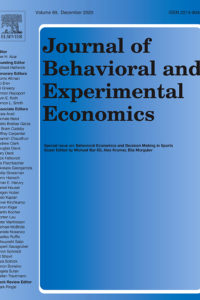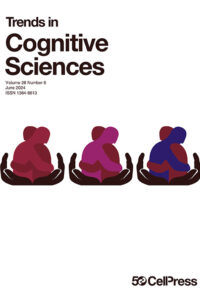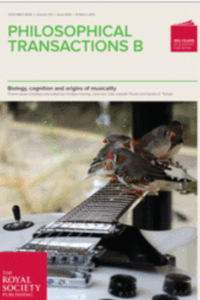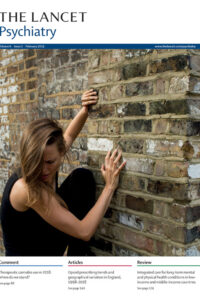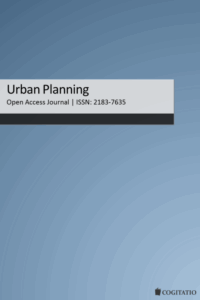Wilco van Dijk and his colleagues tested the effects of prepopulated returns and accuracy confirmation on compliance. Participants were asked to report correct liabilities for different types of returns, whereby some had to confirm the accuracy of each reported liability and others not. Results showed that correctly prefilled returns yielded the highest rate of compliance, followed by returns that were not prefilled, followed by returns that overestimated liabilities, and with returns that underestimated liabilities displaying the lowest compliance. Moreover, accuracy confirmation increased compliance only for returns that overestimated liabilities. The present study indicates that both morality and defaults play a pivotal role in shaping the effects of prepopulated returns on compliance. Our findings imply that prepopulating tax returns should be done with care, because it can increase tax compliance when done correctly, but undermine it when done incorrectly.
Publication available in open access
